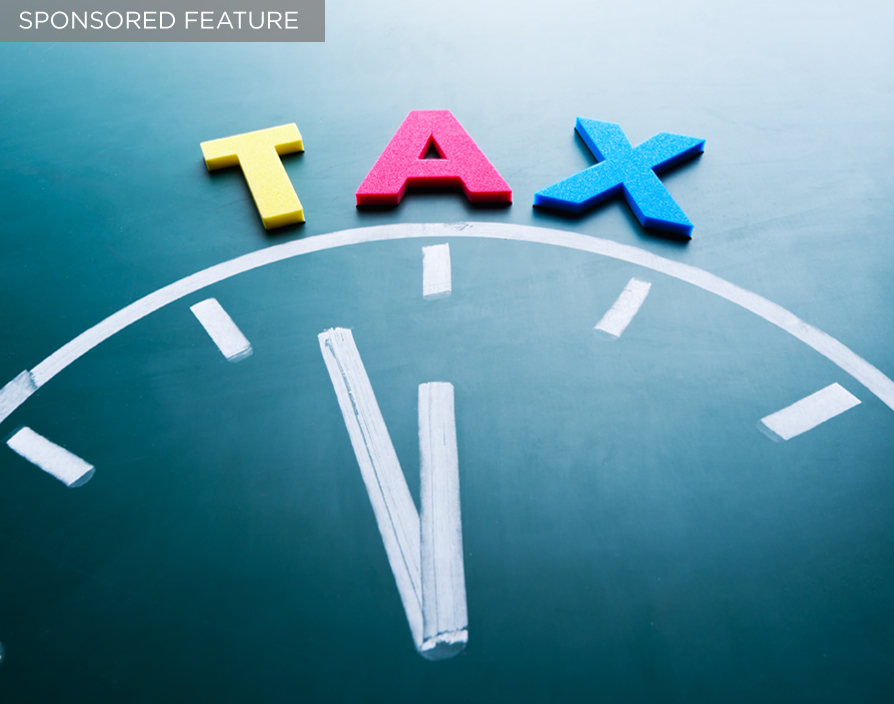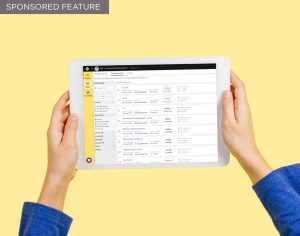As a small business owner, your tax responsibilities are slightly different to those of employees. Most importantly, you have to file a personal tax return on an annual basis. The deadline for paper submissions has now passed, meaning the only way that you can file your tax return for the 2014/15 tax year is by filling in the relevant form online.
Thankfully, the deadline for electronic submissions is January 31, 2016, meaning there’s still plenty of time to do your self-assessment. But with January a busy month for many businesses, it’s probably worth sorting your tax return sooner rather than later. After all, the last thing you want as a small business is a costly penalty fine for filing your tax return late.
If you’re self-employed, have relatively simple tax affairs and your annual business turnover was below £79,000 in the last financial year, you can use the short version of the self-employment supplementary pages when filing a tax return. However, if you have more complex tax affairs and your annual business turnover was £79,000 or more, remember to use the full version of the self-employment supplementary pages when filing a tax return. If you expect to miss a tax payment deadline make sure you contact the authority concerned immediately. You may be able to get more time to pay or to make ad hoc or monthly payments.
Five top tips to get your personal tax return in on time
1. Register online
In order to file a tax return, you need to be registered as self-employed. If you’re not registered, make sure you spend five minutes registering online. You will have to wait around five to seven days for an activation code to arrive so it’s worth registering before the January 31 deadline gets too close.
2. Get your paperwork together
Gather together all the information you will need to fill in your self assessment return. This will include your P60, P11D and interest statements from banks and building societies. Also, remember to claim any deductions such as gift aid donations and pension contributions.
3. You don’t have to do the whole process at once
The information you enter on each screen can be saved as you go along and you can go back and correct figures at any time before you hit the final submit button. However, make sure you submit in time as filing late increases the chances of HMRC taking a closer look at your return.
4. Avoid paying a penalty
Taxpayers who miss the January 31 deadline will face penalties, which are completely avoidable if they file online and on time. Those filing after this date will incur a fixed £100 penalty regardless of how much tax they owe and this increases the longer that you are late. In addition to the penalties for late filing of a self-assessment tax return, interest will be charged on any late payments of outstanding tax liabilities.
5. Save a copy of your final return
Save a copy of your final return and print a copy of the receipt you receive when you submit it. You must keep records of all information used to complete your tax returns for five years or ten months for those with a business or income from letting out property. There is a maximum penalty of up to £3,000 for each tax year that records have not been kept. ![]()
This article comes courtesy of ICAEW, the professional body for chartered accountants in England and Wales. The ICAEW Business Advice Service promotes the services available from ICAEW chartered accountants.
Share via:








































